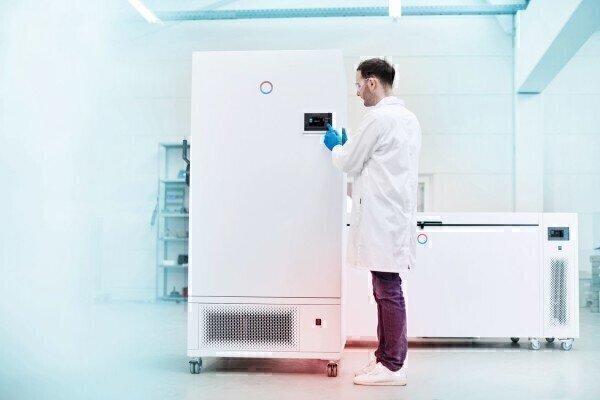A medical-grade refrigerator is a critical piece of equipment in healthcare settings. It ensures the safe storage of sensitive medical supplies like vaccines, blood, and medications. These refrigerators are specifically designed to meet rigorous standards that protect the integrity of medical products. With rising concerns about safety and efficacy, healthcare facilities rely on these specialized refrigerators to store and transport medical materials securely. This article explores why medical-grade refrigerators are essential for maintaining safe medical practices.
The Importance of Proper Temperature Control
Temperature control is vital when it comes to medical products. A slight deviation from the recommended temperature can compromise the quality and effectiveness of vaccines, medications, or even laboratory specimens. Medical-grade refrigerators maintain precise temperatures to prevent spoilage or degradation. Whether it’s preserving a vaccine’s potency or ensuring the stability of sensitive chemicals, maintaining the right environment is key to preventing risks.
Key Features of a Medical-Grade Refrigerator
Medical-grade refrigerators are built with specific features that set them apart from standard household refrigerators. These units are equipped with advanced temperature monitoring systems, alarms, and backup power systems to ensure continuous and reliable performance. They also offer improved insulation to maintain temperature stability, even during power outages. A medical-grade refrigerator is often designed with materials that meet the highest hygiene standards, making them essential in medical environments.
Ensuring the Safety of Medical Supplies

Proper storage is essential to ensure that medical supplies retain their efficacy and safety. Medical-grade refrigerators are designed to safely store critical items, such as medications that require refrigeration or biological materials that need precise temperature control. With the potential for contamination or temperature fluctuation, using a medical-grade refrigerator is the best practice for ensuring safety.
Medical-Grade Refrigerators in Pharmacies and Hospitals
Medical-grade refrigerators are indispensable in pharmacies and hospitals. In these settings, medications and vaccines need to be stored at strict temperatures to ensure they are safe for use. A medical-grade refrigerator provides the security and reliability that these environments need. These refrigerators not only ensure patient safety but also support regulatory compliance with industry standards.
The Role of Medical-Grade Refrigerators in Vaccine Storage
Vaccines are a critical part of public health, and their proper storage is essential. Medical-grade refrigerators are specifically designed to store vaccines within the required temperature range. Vaccines are sensitive to temperature variations, and improper storage can lead to ineffective immunizations. The precision and reliability of medical-grade refrigerators ensure that vaccines remain viable and safe for patients.
Regulations and Standards for Medical-Grade Refrigerators
There are strict regulations that govern the use of medical-grade refrigerators in healthcare environments. These refrigerators must meet specific performance and safety standards set by authorities like the FDA, CDC, and other governing bodies. The units undergo rigorous testing to ensure that they can provide the required storage conditions for medical products. These regulations help ensure that healthcare providers meet industry standards and protect patient safety.
Conclusion
Medical-grade refrigerators play a crucial role in the safe handling and storage of medical supplies. They offer the necessary precision, reliability, and safety features to meet the stringent requirements of healthcare environments. Whether it’s in a pharmacy, hospital, or research lab, these refrigerators ensure that valuable medical products are stored properly, reducing the risk of damage or degradation. Investing in high-quality medical-grade refrigerators is an essential step in safeguarding medical practices and protecting patient health.

